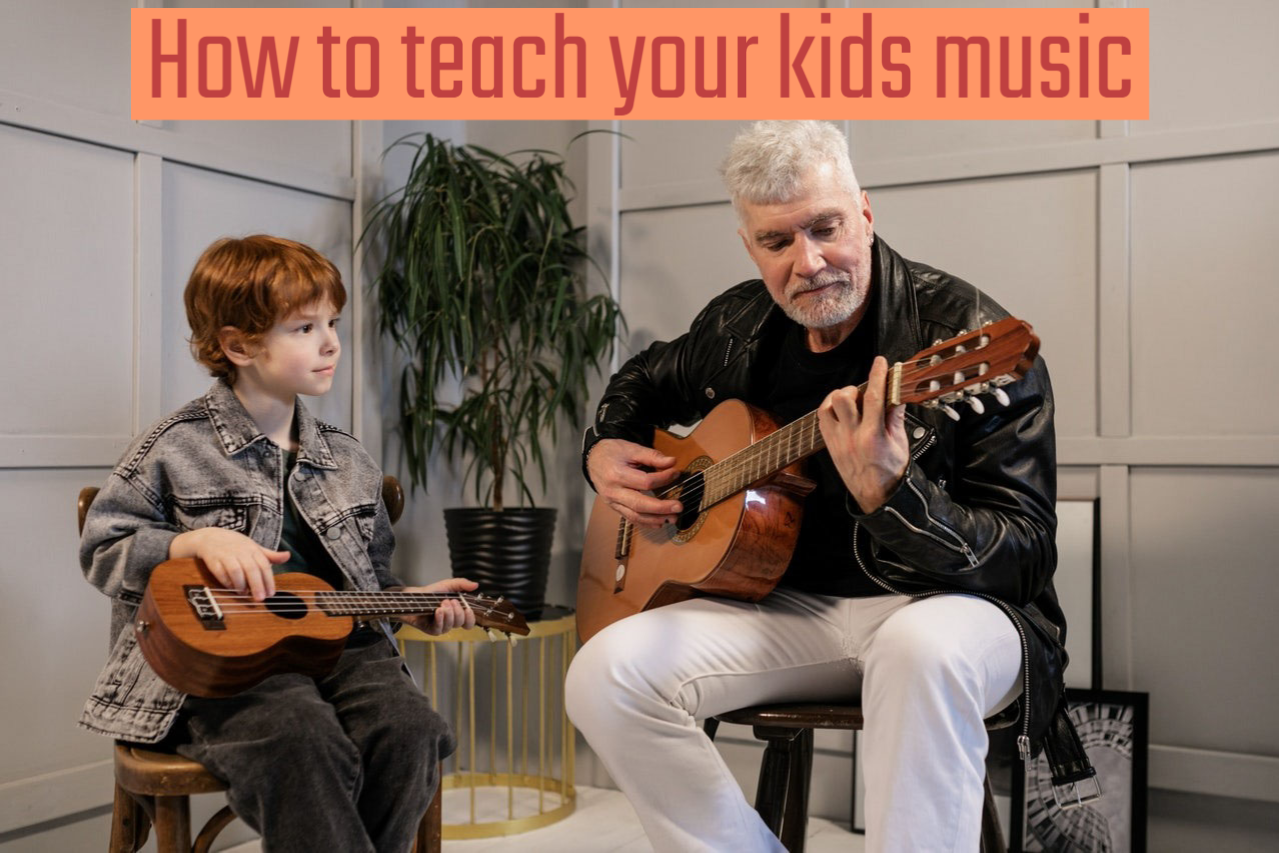You’ve might have heard that playing a musical instrument is good for you. But is it true? And what exactly are the benefits of playing a musical instrument?
There has been a huge amount of research into this subject in recent years, and it’s generally agreed – playing a musical instrument is good for us. The benefits are almost too numerous to list, but in this post we’re going to try. We’ll explore how music affects the body and the brain and what factors might be at work.
Does playing an instrument have health benefits?
The short (and obvious), answer is, YES it does. Playing a musical instrument has been found to have a host of measurable health benefits, both physical and mental. This is a cutting-edge area of study, and researchers around the world are discovering more and more all the time. Some of these benefits include:
- Reduces stress: Playing a musical instrument has been found to reduce stress, which in turn has a positive impact on health.
- Helps with depression and anxiety: Studies have shown that playing an instrument regularly has a positive impact on the symptoms of depression and anxiety.
- Protects against age-related hearing loss: Evidence suggests that playing an instrument reduces the chances of hearing loss as we age.
- Boosts lung function: We breathe deeply when we play music, especially wind instruments. This strengthens the lungs and can reduce symptoms of respiratory diseases like asthma and COPD.
- Aids the immune system: It’s not quite clear why yet, but studies show that playing an instrument boosts immunity and helps fight illness.

What are the other benefits?
As well as being good for our health, playing an instrument has a positive impact on many other aspects of our lives. Several studies have linked playing an instrument to improved language and memory skills, better spatial awareness, and faster response times.
Playing an instrument also benefits us in ways that are more difficult to measure, but are nonetheless valuable. A few of these effects include:
- Improved confidence: Playing music in front of others allows us to build confidence at our own pace.
- Patience and discipline: Practicing music requires both. The more we exercise these parts of our personalities, the stronger they become.
- Musical knowledge and creativity: The more we know about music, the more we can appreciate it and apply our knowledge creatively.
- Quick thinking and improvisation: Practicing music strengthens all parts of the brain. We can then apply these skills in all aspects of life.
- Better rhythm and coordination: Learning music helps us to move through the world more gracefully.
Does age matter?
Many studies suggest that when we start playing music as children, we reap the benefits well into old age. Taking music lessons as a child has been linked to a reduced chance of cognitive decline in later life. But that doesn’t mean that as adults we’re too old to get anything out of playing an instrument!
Playing music is good for us no matter what age we are – and it’s never too late to start. Studies have shown that learning to play an instrument as an adult impacts stress levels and cognitive function. It is one of the best things we can do for our brain health – no matter our age.
Do I need to be good at playing an instrument to get the benefits?
The good news is that no, there’s no need to be a virtuoso musician to feel many of the benefits. A lifetime of music study has a significant impact on cognitive function and health, and it’s not possible to get those results quickly. But even a few minutes a day of messing around with an instrument we enjoy playing is good for us.
Whether it’s creating soothing sounds on a keyboard or bashing away at a drum kit, the act of creating music is beneficial for both body and mind. And remember – even the best musicians had to start somewhere!
Does listening to music have similar effects?
Listening to music is a great way to relax, let off steam, and reduce stress. We know that too much stress is bad for our health, so anything that takes that pressure off is good. Listening to music has been found to have a positive impact in many similar ways to playing music. However, most studies find that the benefits are much more pronounced when we play music rather than just listen to it.

Why is playing an instrument so good for us?
Music is unique in that it stimulates us on every level – intellectually, physically, and spiritually. We can use it to forget about our problems or connect with the past. Playing music can be anything from a rigorous intellectual exercise to a primal outpouring of emotion. However we experience it, all the research suggests that it’s good for us.
Playing an instrument fights stress
The science of how playing musical instruments affects us is still being explored. Many of the health benefits of playing an instrument likely come from the effects on the nervous system and the resulting reduction in stress. Stress is a “silent killer,” affecting people in many different ways. Too much stress often leads to health issues like strokes, heart disease, addiction, and insomnia. When we reduce our stress levels, we improve our health.
Focused attention, deep breathing, and experiencing pleasure all reduce our stress levels. This, in turn, affects the systems of the body. There is also evidence that the vibrations produced when we play an instrument has a beneficial effect on the nervous and immune systems.
Playing an instrument can also help us feel more connected to the world. Loneliness is said to be as dangerous as smoking, and playing music makes us feel less lonely (especially when we play in company). Both these things are vital for living a healthy, happy life.
Playing an instrument strengthens the brain
A popular theory for why playing an instrument is so good for the brain is that when we play, we engage pretty much every part of the brain. Essentially, playing music is like a full workout for the gray matter. Just as our bodies get stronger and more capable when we exercise regularly, our brains do the same when we play music. In fact, musicians literally have bigger brains than non-musicians!
Playing an instrument increases gray matter mass and forges new connections between regions of the brain. This boosts our cognitive powers and allows us to use our brains more effectively, no matter the subject – we think better when we play music!
Playing an instrument is good for the body
Most of us play and listen to music because we enjoy it. It gets our hearts beating and our feet tapping. We move without thinking, coordinating parts of our bodies that might not be so cooperative when we’re doing other things. We breathe deeply, let go of tension, and use muscles that are often underused.
All of this has a positive effect on our bodies. Whether we notice it or not, playing an instrument is good physical exercise – especially if we dance while doing it. So, when we play, we get all the benefits of a workout combined with the joy of music.
In conclusion
There are so many physical and mental benefits to learning to play a musical instrument. From reducing the physical symptoms of illness to protecting us from decline in old age, to helping us connect with other people – playing a musical instrument is the perfect way to improve your quality of life.
It doesn’t matter how old you are, or how much music you’ve played in the past. The benefits are there for the taking! So, whether you want to improve your health, you want to help your child learn music, or you’re just looking for a new hobby – what are you waiting for?
If you want to get your child started learning music, we’ve got the perfect article for you:

Written by: Liz Sullivan